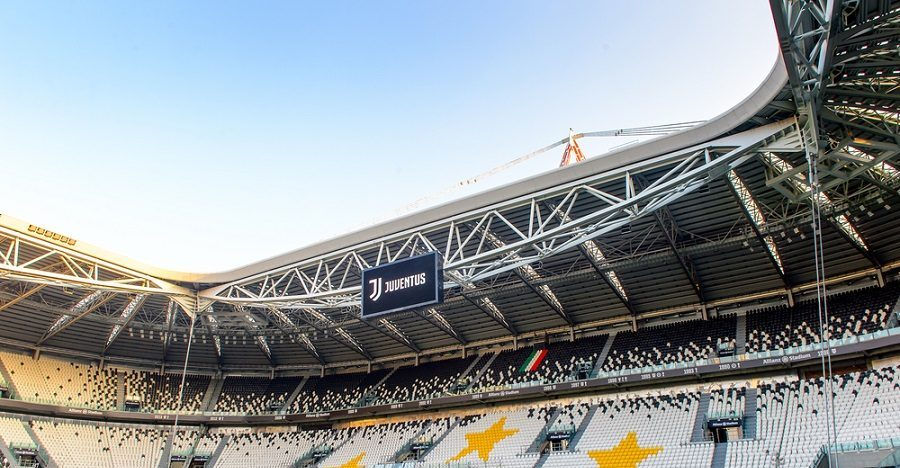The Football Ticket Resale Market: Trends and Implications for Fans and Clubs
- anna302033
- May 25, 2023
- 3 min read

Introduction
The football ticket resale market has experienced remarkable growth, particularly in the online sphere, offering fans opportunities to buy and sell tickets. This article examines the prevailing trends and implications of the football ticket resale market, focusing on online platforms. From securing cheap football tickets to its impact on fans and clubs, we explore the various aspects of this thriving market.
The Rise of Online Platforms for Football Ticket Resale
The advent of online platforms has revolutionized the football ticket resale market, providing fans with a convenient avenue to buy and sell tickets. Key players in this sector include established platforms like StubHub, Ticketmaster Resale, and Seatsza. These platforms offer a wide range of tickets for football matches, catering to the growing demand from fans worldwide. While online platforms enhance accessibility and convenience, they also present certain challenges such as fraudulent listings and inflated prices, requiring fans to exercise caution.
Trends in the Football Ticket Resale Market
The football ticket resale market exhibits several noteworthy trends that have emerged in recent years. First, there has been a surge in demand for tickets to high-profile matches and intense rivalries, with fans eagerly seeking opportunities to witness these captivating encounters. Second, ticket prices fluctuate based on factors like the significance of the match, team performance, and the popularity of star players. As a result, prices can vary greatly, making it crucial for fans to conduct thorough research before making a purchase. Lastly, the resale market often sees the involvement of season ticket holders who are unable to attend certain matches, creating an additional supply of tickets for resale.
Implications for Fans
The football ticket resale market carries both positive and negative implications for fans. On the positive side, online platforms provide access to tickets for sold-out matches, giving fans the chance to experience highly sought-after games they might otherwise miss. Moreover, these platforms can offer opportunities to find cheap football tickets, allowing fans to attend matches at more affordable prices. However, fans must remain vigilant about the risks associated with purchasing resale tickets, such as the possibility of counterfeit or invalid tickets. They should exercise caution, verify the authenticity of sellers, and utilize secure payment methods to minimize these risks.
Implications for Clubs
Football clubs are not immune to the impact of the ticket resale market. On one hand, the secondary ticket market can provide clubs with additional revenue streams, especially for high-demand matches. Clubs can enter revenue-sharing agreements with resale platforms, benefiting from the resale of tickets originally purchased through official channels. On the other hand, the prevalence of ticket resale poses challenges for clubs in terms of managing ticket sales, ensuring fair access for fans, and maintaining control over ticket prices. Clubs must strike a balance between catering to fan demand, minimizing the influence of ticket resale, and addressing concerns related to affordability and availability.
However, the prevalence of ticket resale also raises concerns for clubs. It can create an imbalance in ticket distribution, as fans who are unable to secure tickets through official channels may resort to the resale market. This can lead to frustrations and discontent among fans who feel excluded from attending matches at face value prices. Clubs must carefully manage the allocation and distribution of tickets, implementing measures to prioritize loyal fans and discourage excessive ticket resale.
Regulation and Ethical Considerations
The football ticket resale market has prompted discussions around regulation and ethical considerations. Various jurisdictions have implemented regulations to address issues such as ticket scalping and fraudulent activities in the secondary market. These regulations aim to protect fans and ensure fair access to tickets.
Ethically, the question arises whether it is fair for individuals to profit significantly from reselling tickets at inflated prices, potentially excluding genuine fans from attending matches. This has led to debates about the ethics of ticket resale and calls for more transparent practices, including implementing price caps or limiting resale platforms' influence.
Conclusion
The football ticket resale market, particularly in the online domain, has significantly transformed the landscape of ticketing in the sport. It offers fans the potential to secure tickets for sold-out matches and find affordable options. However, fans need to navigate potential risks and be aware of fraudulent activities. Clubs, in turn, face the dual challenge of capitalizing on revenue opportunities while maintaining fair access and control over ticket sales. By understanding the trends and implications of the football ticket resale market, both fans and clubs can navigate this evolving landscape more effectively.





Comentários